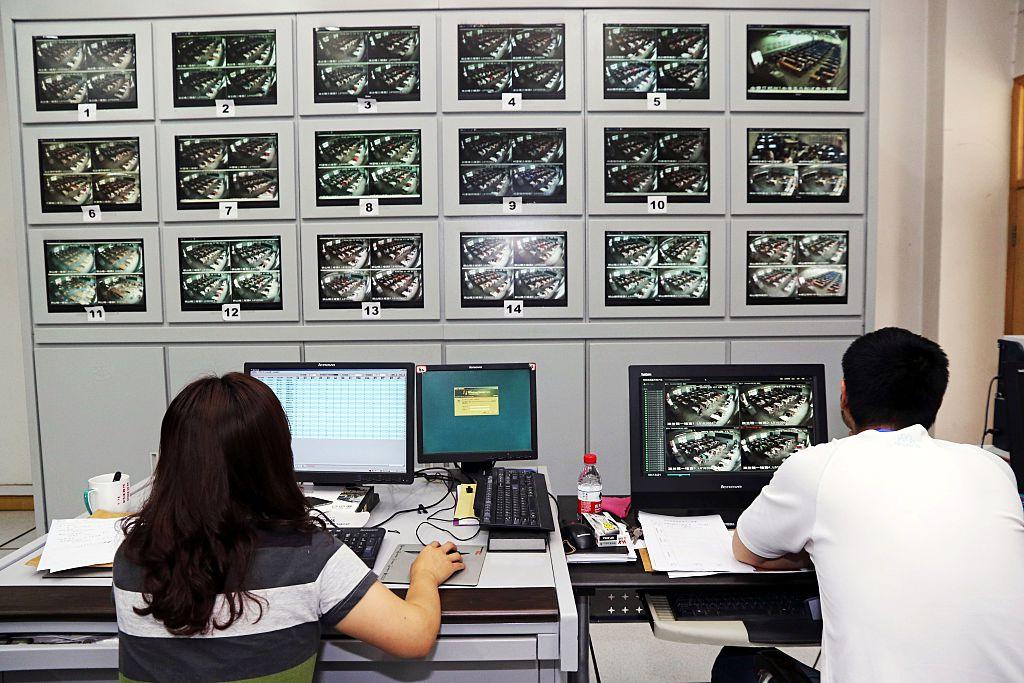Millions of high school students are set to take China’s annual college entrance exam beginning on June 7. According to China’s state-run media, security at test centers will be tight to prevent the rampant cheating that’s been common in recent years.
Also known as “gaokao,” China’s annual college entrance exam in June is viewed by Chinese parents and students as a life-changing event: One’s gaokao score is the sole determinant of where a student will gain admission to college.





